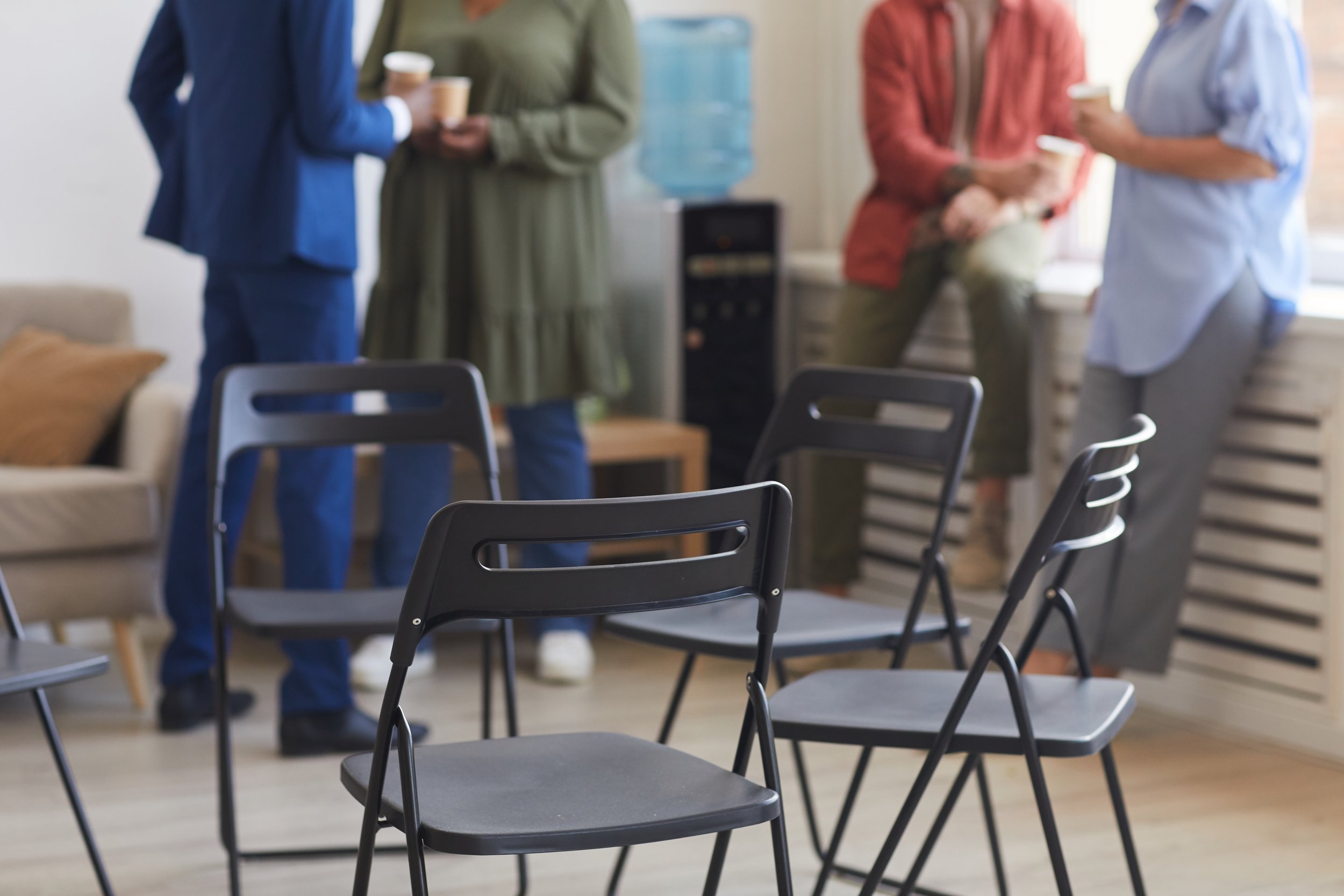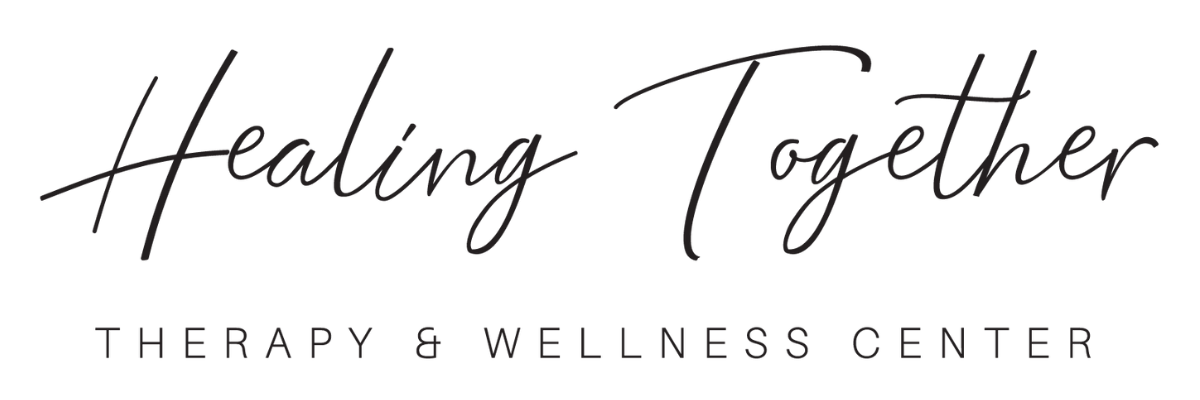
Group Therapy
Online support groups and process groups for English-Speaking residents of Korea
“People need people - for initial and continued survival, for socialization, for the pursuit of satisfaction. No one - not the dying, not the outcast, not the mighty - transcends the need for human contact.”
― Irvin D. Yalom
Connection to something larger than ourselves is a necessary part of life.
When we face struggles of many kinds, it’s not uncommon to feel like we are the only one in the world who is suffering with this issue. We may believe that our problems are only confined to our lives and that no one shares our plight.
We can feel isolated and alienated, and many times due to the stigma that surrounds mental health, talking about our problems with another can be intimidating or embarrassing. Finding a welcoming and supportive community to turn to in these moments can provide an incredible boost to your resilience.
Group therapy can help remind us that we are not alone in the struggles we face.
Group therapy is a well-evidenced tool in supporting personal growth and mental health that’s recognized internationally. Through this impactful treatment modality, people who are facing a similar problem gather together to share their experiences and receive support. Sessions are structured and guided under the supervision of a trained therapist. You will have the opportunity to connect with people who have similar experiences to yours while sharing perspectives, personal stories, and growing from the experience.
At Healing Together, our therapy groups provide a therapeutic space from which to process your thoughts and feelings with others who can relate to your experience. Through sharing stories, validations, and ideas with those who can relate and empathize, you are invited to expand on perspectives about your experiences and responses to challenges, as well as helping others expand theirs.
Who can benefit from groups?
There are many times a person might benefit from joining group therapy. Whether you have recently moved to the country and are finding your adjustment difficult, or you have a partner who is in the military and is away on assignment, or you are feeling stressed by the demands of school or work, there is a group available for whatever challenge you might be facing at this time in your life.
From solving problems to sharing common experiences, moving toward healing in group spaces offers unique therapeutic benefits.
Feeling validation and gratitude
Feeling like you are not alone in your struggle
Increased resiliency
More confidence in your choices
Deeper self-discovery
Greater connection with others
Receive genuine support
Empowerment through empathy
Increased self-compassion
Combatting isolation and loneliness
Benefitting from others’ perspectives
Developing your support network
Witnessing others’ growth and development
Building skills in interpersonal relationships
Feeling like you’re contributing to something bigger than yourself
Group therapy is an effective way to navigate relationships within and outside of yourself.
Types of Groups
We offer three kinds of group therapy: support groups, process groups, and psychoeducational groups. For each need and community we serve, we can help you to determine which is going to be the best fit for you. Every group brings people together to offer support through a difficult situation or significant life change.
-
Support groups bring you together with others who share your struggles and experiences to find community healing.
These groups, sometimes called self-help groups, are centered on sharing personal experiences of a situation that is common to the whole group. For example, a support group might include people who have a spouse who is addicted to substances, or have a spouse who is in the military. They may also include expats and foreigners who are struggling with loneliness and feeling homesick. Members of support groups are seeking support from others who can understand and relate to the problem they are dealing with every day.
In these groups, the focus is on sharing your story. The use of storytelling is a powerful way to shape our experience and give meaning to something significant that has happened to us.
-
In process groups, you’ll be encouraged toward personal growth by treating the group as a microcosm of your relationships outside.
These types of groups are usually unstructured. While they may be based around a common life experience, in process groups you’re more likely to encounter people who have encountered different life experiences than your own. The true power of groups lies in the tendency to engage with other members of the group as you would with important others in your life and receive feedback on the interaction. Through the careful facilitation by the therapist, you may be able to work through long-standing trauma from your family of origin, recognize how you’re contributing to unhealthy dynamics in your partnership, and develop confidence in who you are and how you communicate. Each process group takes on new life depending on the needs of its members.
-
Psychoeducation groups are designed to impart factual information and knowledge about various topics related to mental health, such as diagnoses, stress response system, substance use, coping strategies, holistic care, and specific interventions and skills.
Psychoeducation groups are typically structured around an agenda for each session. Each session may consist of a new concept or module. Some examples of psychoeducation groups might include groups on ways to cope through anxiety, dealing with shame and vulnerability, improving communication with your partner, or parenting in a multicultural family to name a few.




